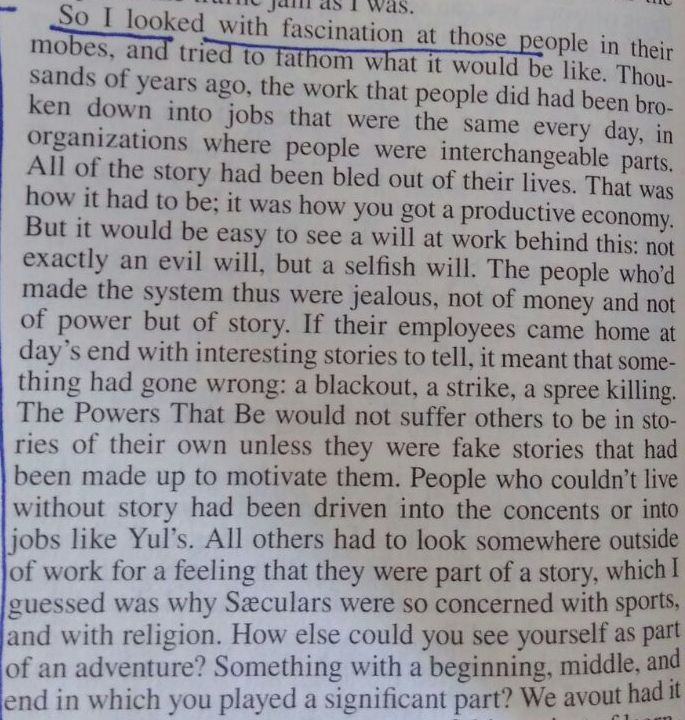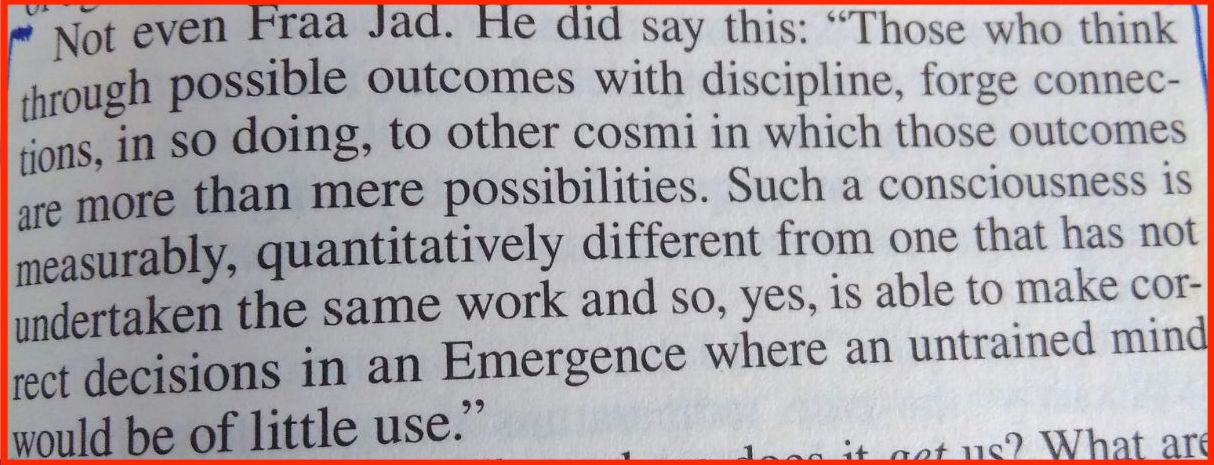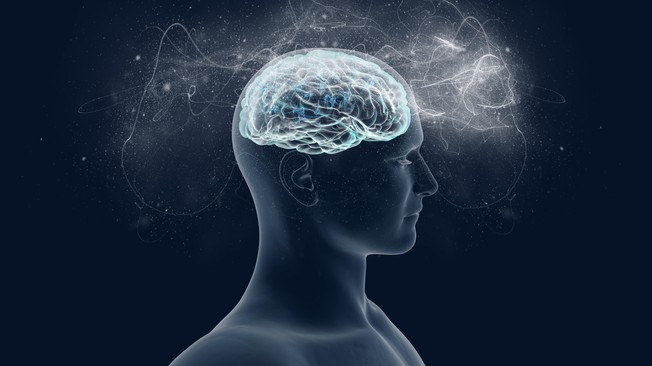I recently finished reading Anathem and what a great read it was! Though filled with occasional meanderings by Stephenson, it covered topics which I didn't think fell under the preview of science fiction. Below are some of the points which I found to be interesting.
Spoiler alert! If you intend to read Anathem someday, stop here. The next section is full of spoilers.
- Long Term Thinking
Anathem sets up a mathic world which is devoid of contact from external world for 1, 10, 100 and 1000 years. The 100 and 1000 year maths seemed to have wisdom and knowledge which is much deeper than 1 and 10 year maths.
One issue which I began thinking was - how do you build something for the long term? Religions last for a long time. Christianity is around 2000 years old. Hinduism or the set of beliefs which comprise Hinduism is around 4000 years old. Companies or corporations are fairly short lived - Google is only ~ 20 yrs old. Long lasting companies like GE are around 125 years and have already faded in glory IMO (though "company" as an idea is still very new - 1700s I think) While christianity and Hinduism are still very relevant. What are the properties of such orgs like religion which make them much longer lasting than businesses? Is it just that they solve much bigger problems (like meaning of life, purpose of existence) than companies which are primarily built on profit motive?
- Being an "Enthusiast"

Came across this definition of Enthusiast. Made me wonder if this is what people mean when they write "Startup Enthusiast", "Blockchain Enthusiast" in their linked profile. Surprisingly I have never come across anyone claiming to be "Math Enthusiast"
- The need for a story

Here, Stephenson talks about how the industrialization/corporatization has taken away the story from the life of an individual and made him nothing more than a clog in the wheel. If we look into history, this is a fairly recent phenomenon. Before the conception of modern corporations and assembly, people used to earn their living as artisans, farmers or traders. An artisan has much more connection to their work than an industrial worker working in a modern corporation.
This is also the reason why relgion and sports become very important. They provide humans with a story to live by, rather than just being an insignificant speck in the grand universe.
- Quantum Mind
In the book, Neal Stephenson talks about a Thousander (one who remains secluded in his math for 1000 years) who has acquired the capability to participate in many Narratives simultaneously. This is similar to the idea of Many worlds interpretation in quantum mechanics.
He also points to the idea of Quantum Mind which suggests that the emergence of consciousness in brain cannot be explained by classical mechanical theories and there must be some quantum phenomena happening in brain which gives rise to consciousness.
- Emergence

This idea is broadly related to the idea of quantum mind but also points to how one can train one's mind through disciplined thinking. Though the benefit of this may not be apparent immediately, the training enables one to perform when the time arrives.
As Robert Pirsig points to in his book Zen and the Art of Motorcycle Maintenance
You want to know how to paint a perfect painting? It's easy. Make yourself perfect and then just paint naturally.
Well, there are many more points which I want to talk about - but these are the top 5 big ones. May be I will do a second post talking about some more insights.
